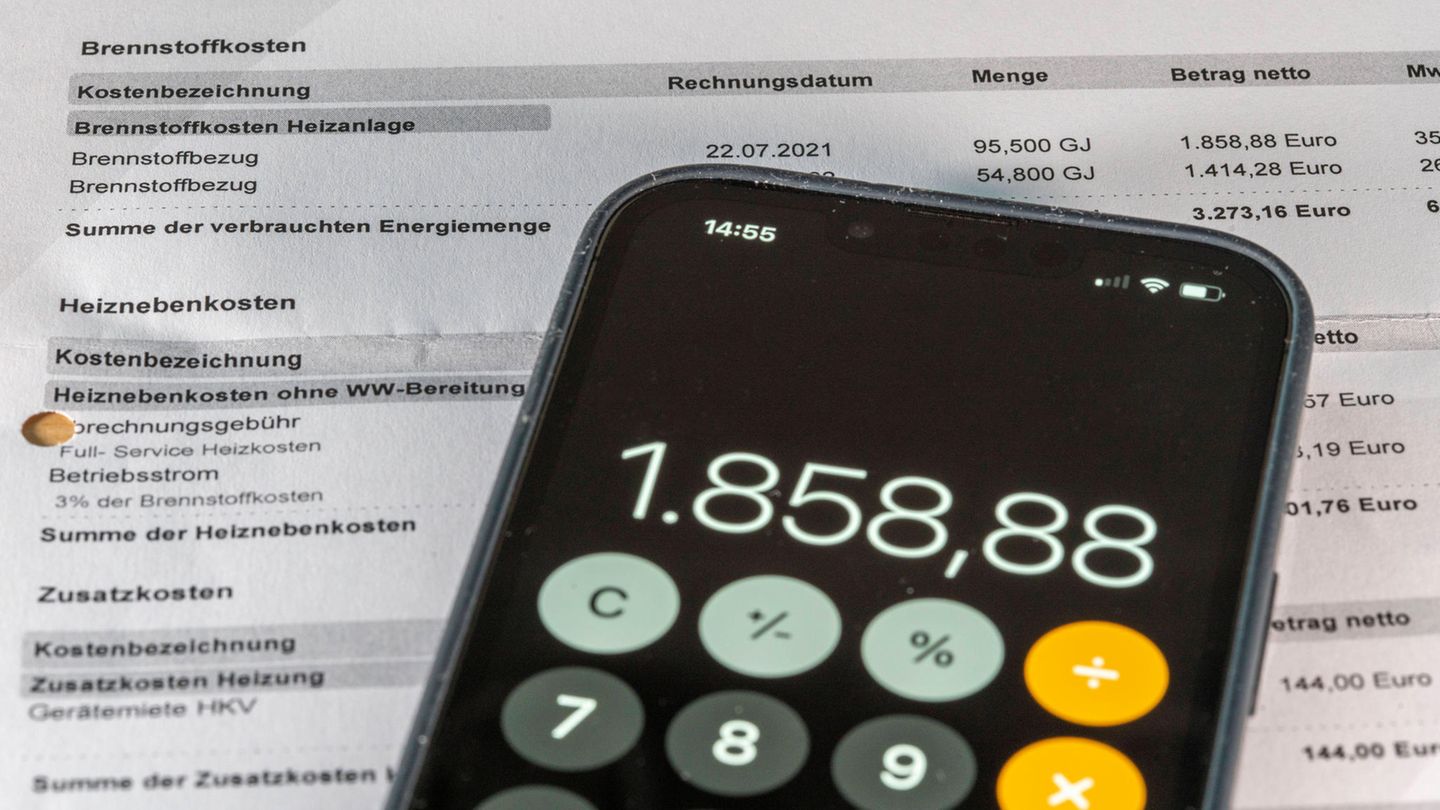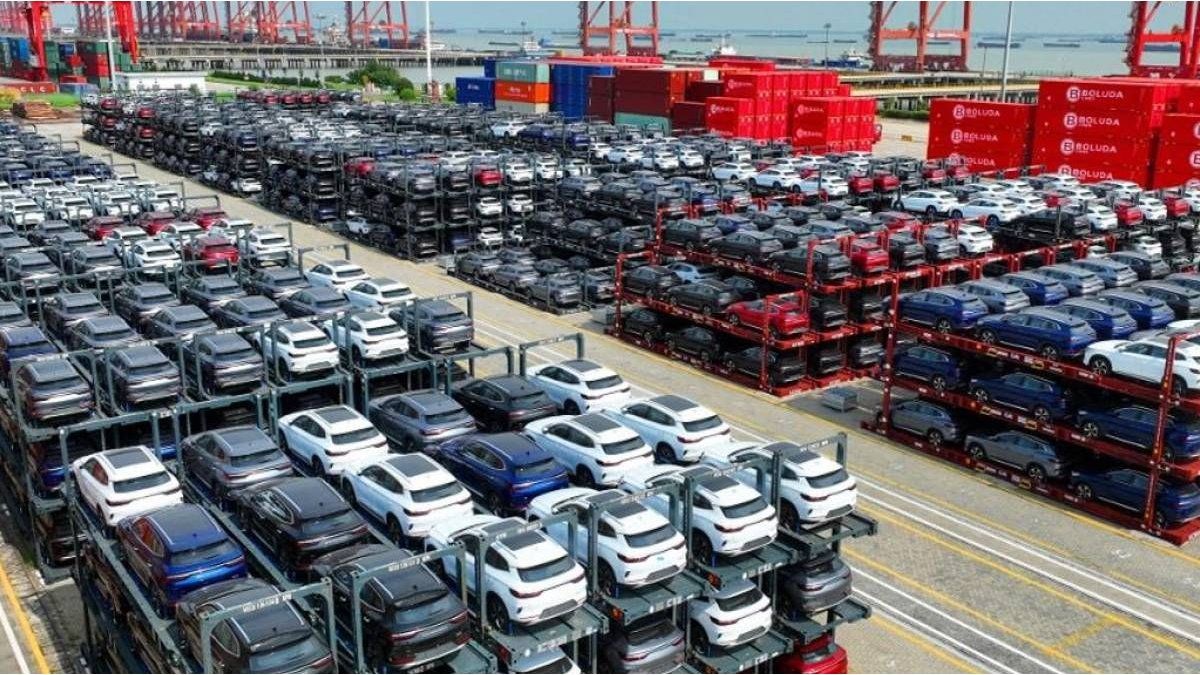Anyone who has to pay thousands of euros more for heating would like to check whether the utility bill is correct. However, this can be quite tricky, as a case from Berlin shows.
After the energy price shock, the situation with heating costs has eased significantly again: in addition to falling prices for gas and oil, there was now a comparatively mild winter. Nevertheless, many tenants are still struggling with the after-effects of the height of the energy crisis. This is because horrendous additional payments can still be due on the annual utility bill, even if there is a significant delay.
According to the German Tenants’ Association, many tenants were already confronted with four-digit additional demands when billing for 2022. According to the tenants’ association, the 2023 annual financial statement, which the landlord only has to submit by the end of 2024, could have an even greater impact – always depending on when price increases took effect and whether the discounts have been adjusted or not.
Anyone who has to pay thousands of euros or more in additional payments would of course like to know whether the calculation is correct. But that’s not always easy to find out, as a case described by the magazine in its current issue shows. This is about the tenants of an apartment building in Berlin, who were presented with the bill for 2022 last November. Most of the residents had to pay more than 1,000 euros, and one elderly woman was even asked to pay a shocking 6,000 euros. You don’t just pay a bill like that on the side.
Utility billing: Is the additional payment justified?
The neighbors therefore wanted to know whether the demands were justified – after all, tenants can request to see the receipts that led to the high bill. However, it is often difficult for laypeople to prove excessive costs. In the Berlin example, even the “financial test” experts speak of a complicated case after reviewing the evidence provided by the landlord Vonovia. “The invoices presented by Vonovia are mathematically correct – and yet legally dubious,” is the unsatisfactory conclusion. The core of the accusation made by the financial test experts is that Vonovia first purchased the energy at a disproportionately high price and then passed this on to the tenants in a correctly broken down manner.
Normally, it is difficult enough for tenants to understand the landlord’s bills and how the costs are divided between the individual apartments. In the Berlin case, there was also a special construction: Vonovia had sold the building’s heating system completely to Vattenfall as part of a so-called “contracting” and was thus tied to the energy provider for the heat supply. It was contractually agreed that the price for the heat would be recalculated every month – which resulted in the costs multiplying after the energy price shock.
Ultimately, a court would have to decide whether the economic efficiency requirement was observed in the contract and whether the conversion was formally correct. Vonovia explained that it keeps the interests of the tenants in mind and strives to find an appropriate heating solution. The tenants’ association, however, is fundamentally critical of such contracts for the supply of heat because the price formulas in the contracts are not transparent for tenants and there is a risk of excessive prices.
What tenants should consider when making additional payments
But checking the utility bill doesn’t always have to be so tricky. And everyone should do at least a rough plausibility check. According to the German Tenants’ Association, more than half of all utility and heating cost bills are incorrect – and some errors are easier to recognize than others. You can quickly check whether the billing period is correct, which is particularly important after moving. In addition, the landlord may only make additional demands for a maximum of twelve months after the end of the billing period.
It is also easy to check whether the correct meter readings have been used and all advance payments have been taken into account. In the case of multi-family buildings, the distribution key is also important, according to which the costs are distributed among the units. You can find a list of other important points at the consumer advice center or tenant associations. These contact points also help if a more detailed check of the billing is necessary, for example based on the specific invoices from the energy supplier.
However: Many of the currently high additional demands are unfortunately justified due to the recent price explosion, writes Finanztest. Anyone who fails to pay additional payments amounting to more than one month’s rent promptly may even face termination. You can save a lot of time by requesting receipts, because you only have to make the additional payment once the landlord provides them. If the test takes longer, you can also pay “with reservations”. And if you can’t find the money for the additional payment quickly, at least some landlords might be willing to talk to you.
Sources: / / /
Source: Stern




